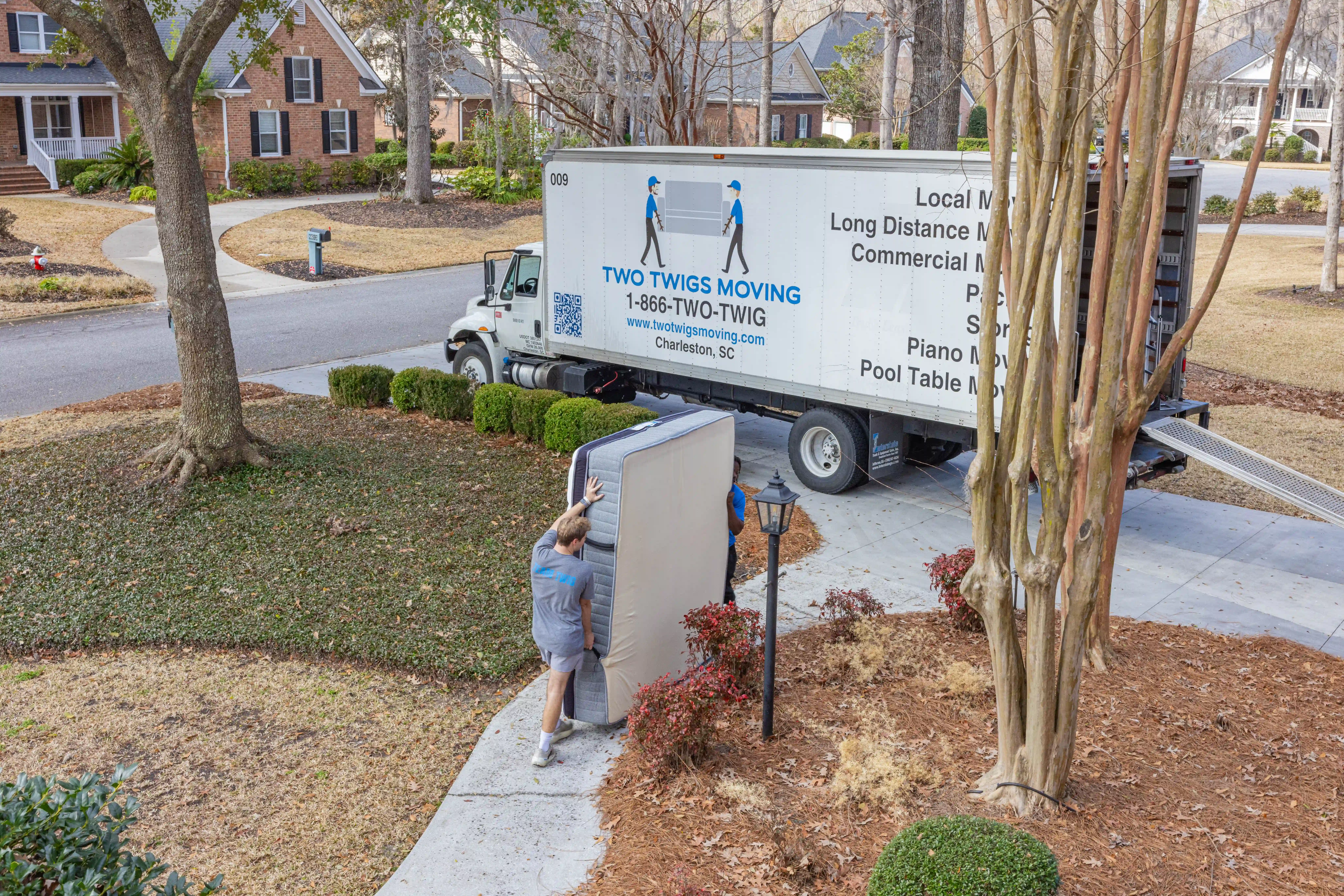Moving to a new home can be an exciting adventure, but it often comes with a hefty price tag. Managing moving expenses effectively requires careful planning and budgeting. By following these tips and tricks, you can keep your moving costs under control and avoid financial stress.
1. Create a Moving Budget
a. Estimate Your Costs
- Packing Supplies: Include costs for boxes, tape, bubble wrap, and other packing materials.
- Moving Company: Obtain quotes from moving companies and consider additional fees for services like packing, unpacking, or storage.
- Travel Expenses: Budget for gas, lodging, and food if you’re moving a long distance.
- Utilities and Deposits: Account for utility setup fees, security deposits, and any other initial costs for your new home.
b. Track Your Spending
- Expense Log: Keep a detailed log of all moving-related expenses. Use a spreadsheet or budgeting app to track costs and stay on budget.
- Receipts: Save all receipts and invoices related to the move for reference and reimbursement purposes.
2. Get Multiple Quotes
a. Compare Moving Companies
- Research: Research and obtain quotes from several moving companies to find the best deal. Look for companies with good reviews and a solid reputation.
- Understand Fees: Ensure you understand what is included in the quote and ask about any additional fees or charges.
b. Consider DIY Moving
- Cost Savings: If you’re on a tight budget, consider renting a moving truck and handling the move yourself. This can be significantly cheaper than hiring professional movers, though it requires more effort.
3. Minimize Packing Costs
a. Use What You Have
- Repurpose Materials: Use blankets, towels, and other household items to wrap and protect your belongings, reducing the need for packing materials.
- Free Boxes: Obtain free boxes from local retailers, grocery stores, or online community groups. Many people give away moving boxes once they’re done with their own moves.
b. Pack Efficiently
- Declutter: Reduce the number of items you need to move by decluttering before packing. Sell, donate, or discard items you no longer need.
- Organize: Pack efficiently to maximize space in boxes and minimize the number of boxes required.
4. Plan for Unexpected Expenses
a. Set Aside a Contingency Fund
- Emergency Funds: Set aside a portion of your moving budget as a contingency fund for unexpected expenses, such as last-minute repairs or additional travel costs.
b. Be Prepared for Hidden Costs
- Insurance: Consider purchasing moving insurance to protect your belongings during transit. Check if your homeowners or renters insurance covers moving-related damages.
5. Save on Travel Costs
a. Plan Your Route
- Cost-Efficient Travel: Plan your route carefully to avoid unnecessary detours and reduce fuel costs. Use apps or GPS to find the most efficient route.
b. Book Accommodations Early
- Advance Booking: If your move requires an overnight stay, book accommodations in advance to secure the best rates.
6. Take Advantage of Tax Deductions
a. Check Eligibility for Deductions
- Tax Benefits: Depending on your circumstances, you may be eligible for tax deductions related to moving expenses. This can include deductions for moving due to a job relocation or other qualifying factors.
b. Keep Records
- Documentation: Keep thorough records of all moving-related expenses and consult a tax professional to ensure you’re taking advantage of any available deductions.
7. Save on Utility Setup Costs
a. Negotiate Fees
- Utilities: Contact utility providers in advance to negotiate setup fees or waive installation charges. Some companies may offer promotions or discounts for new customers.
b. Compare Providers
- Shop Around: Compare rates for utility services, such as electricity, water, and internet, to find the most cost-effective options for your new home.
8. Be Strategic with Purchases
a. Avoid Impulse Buys
- Essential Items: Only purchase items that are essential for your new home. Avoid unnecessary purchases that could strain your budget.
b. Use Discounts and Coupons
- Savings: Look for discounts, coupons, or sales on moving supplies and home essentials to save money.
Conclusion
Managing moving expenses effectively requires careful planning, budgeting, and strategic decision-making. By creating a detailed moving budget, comparing quotes, minimizing packing costs, and preparing for unexpected expenses, you can keep your moving costs under control. With these tips and tricks, you’ll be well-prepared to handle the financial aspects of your move and enjoy a smooth transition to your new home.


.svg)


